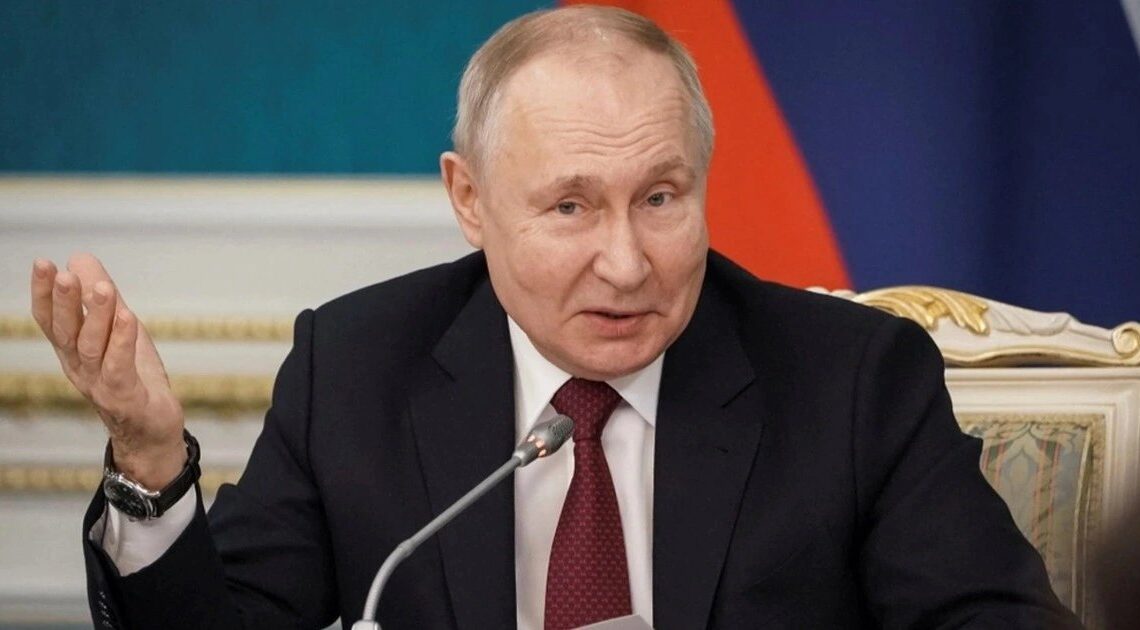In an unexpected yet powerful statement that echoes across geopolitical and technological circles, Russian President Vladimir Putin recently praised American tech billionaire Elon Musk, comparing him to the legendary Soviet rocket engineer, Sergei Korolev. This rare and monumental acknowledgment highlights Musk’s global influence—not just in business or innovation—but in shaping the future of space exploration. The comparison is not only striking but historically rich, signaling that Musk’s work is transcending political boundaries and drawing admiration even from those often at odds with the West.
This public declaration by Putin introduces a new narrative in the evolving relationship between technology, politics, and international prestige. As global power centers continue to shift in the 21st century, Musk’s impact now extends beyond American borders—earning respect from one of the world’s most controversial and calculating leaders.
### The Context Behind Putin’s Remark
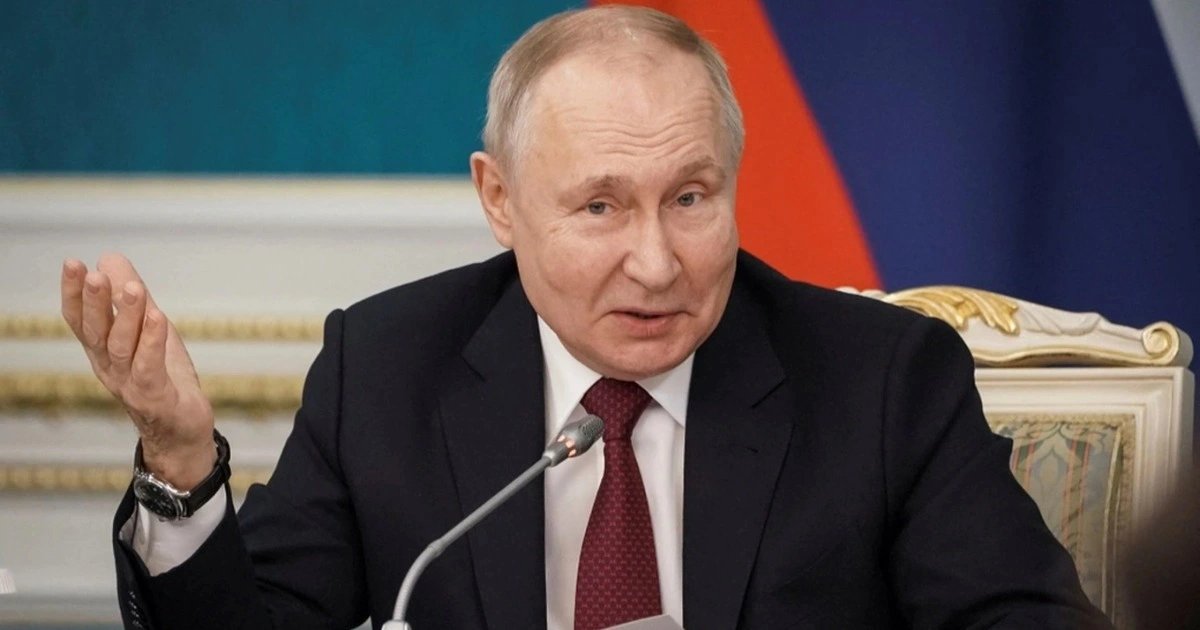
Putin’s comments came during a televised forum discussing Russia’s advancements in aerospace and technology. When asked about the state of Russia’s current space programs compared to global leaders, the Russian president acknowledged Musk’s undeniable achievements through SpaceX, especially its cost-efficiency, reusable rocket technology, and successful manned missions.
Rather than dismissing Musk as a mere capitalist innovator, Putin highlighted the entrepreneur’s visionary mindset and likened him to Sergei Korolev, the mastermind behind the Soviet Union’s first manned spaceflight and the launch of Sputnik—the world’s first artificial satellite. According to Putin, Musk embodies a similar spirit: a relentless pursuit of exploration, engineering genius, and the ability to inspire a generation.
### Who Was Sergei Korolev? A Soviet Giant
To fully grasp the weight of Putin’s comparison, it’s essential to understand who Sergei Korolev was. Often referred to as the “Chief Designer,” Korolev was the central figure behind the USSR’s space race success during the Cold War. His leadership led to milestones such as launching the first satellite (Sputnik 1) and the first human (Yuri Gagarin) into space.
Korolev wasn’t just an engineer—he was a national hero and a symbol of Soviet scientific might. He worked behind the scenes, under intense secrecy, but his legacy became a source of immense national pride. By placing Elon Musk alongside Korolev, Putin wasn’t just offering flattery—he was acknowledging that Musk now represents a similar force of influence and innovation in the modern world.
### Elon Musk: A Modern-Day Visionary
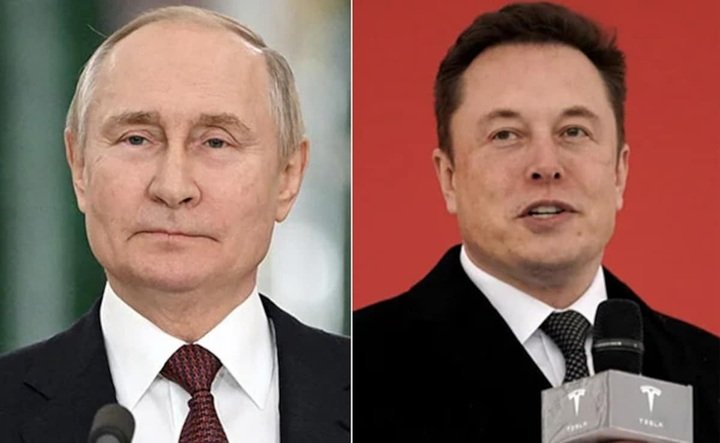
Elon Musk’s contributions to the world of space travel are undeniably revolutionary. As the CEO of SpaceX, Musk has turned what once seemed like science fiction into reality. His ambition to colonize Mars, his development of reusable rocket systems, and his contracts with NASA have catapulted SpaceX into a league previously reserved for national governments.
Unlike traditional aerospace companies bogged down by bureaucracy, Musk’s SpaceX thrives on efficiency, innovation, and a fearless attitude toward failure. This entrepreneurial risk-taking has allowed rapid progress, often outpacing long-established institutions like NASA or Roscosmos.
Putin’s acknowledgment of Musk validates the entrepreneur’s status not just as a private innovator but as a figure who is reshaping international space ambitions.
### Political Implications: A Strategic Compliment?
Putin’s praise wasn’t necessarily without motive. Coming at a time of strained relations between Russia and the West, especially with increasing sanctions and geopolitical conflicts, this compliment could be a calculated move. By lauding Musk, Putin may be attempting to create a diplomatic opening—or at least acknowledge mutual respect in a field that transcends politics.
Moreover, praising Musk instead of U.S. governmental agencies like NASA might be an indirect nod to the power of individual genius over state machinery. In this light, Musk becomes a symbol of what can be achieved beyond governmental borders—perhaps even a model that Russia could emulate through private-sector innovation.
### SpaceX vs. Roscosmos: A Silent Competition
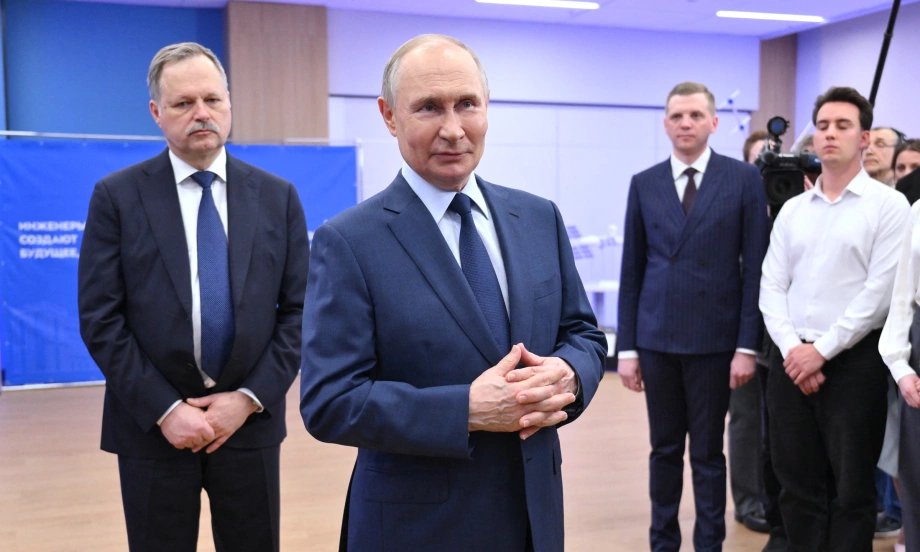
Russia’s Roscosmos and SpaceX are often viewed as competitors in the new space race. While Roscosmos held a monopoly on ferrying astronauts to the International Space Station for nearly a decade, that monopoly ended when SpaceX’s Crew Dragon successfully carried astronauts from American soil in 2020.
This shift was monumental. It not only restored U.S. space launch capability but also significantly reduced NASA’s reliance on Russian technology. Despite this direct competition, Putin’s willingness to praise Musk reflects a recognition of excellence—even when it threatens Russia’s own strategic position.
### A Cultural Shift in Russian Leadership?
Historically, Russian leadership has been cautious in praising Western figures, especially those tied to capitalism and U.S. dominance. By publicly admiring Musk, Putin may be signaling a subtle cultural shift—or at least a pragmatic acceptance of global innovation, regardless of its origin.
This could also be an attempt to inspire domestic talent. Just as Korolev inspired a generation of Soviet scientists and engineers, Musk’s story might serve as motivation for young Russian innovators. By referencing a global figure, Putin taps into a broader narrative of scientific glory and national pride.
### Elon Musk’s Reaction and International Response
As of now, Musk has not publicly responded to Putin’s comparison. However, given Musk’s known appreciation for historical figures in science and his penchant for engaging in global discourse via social media, a comment or acknowledgment would not be surprising.
International media outlets have highlighted the moment, with many interpreting it as both a compliment and a geopolitical gesture. In the West, the comparison raised eyebrows—especially considering the often-contentious relationship between Musk and various national governments. Still, most analysts agree that the comparison further elevates Musk’s global image.
### Science Beyond Borders: A Universal Language
One powerful takeaway from this development is the way science and innovation can transcend political ideologies. Space exploration has always had the power to unify nations, whether through collaborative missions like the ISS or shared awe in witnessing human achievement.
Putin’s words reflect this truth. Regardless of national rivalries, the pursuit of space remains one of humanity’s most inspiring and collaborative efforts. In Musk, we see the embodiment of that spirit—a man whose work is being acknowledged across even the most fortified political divides.
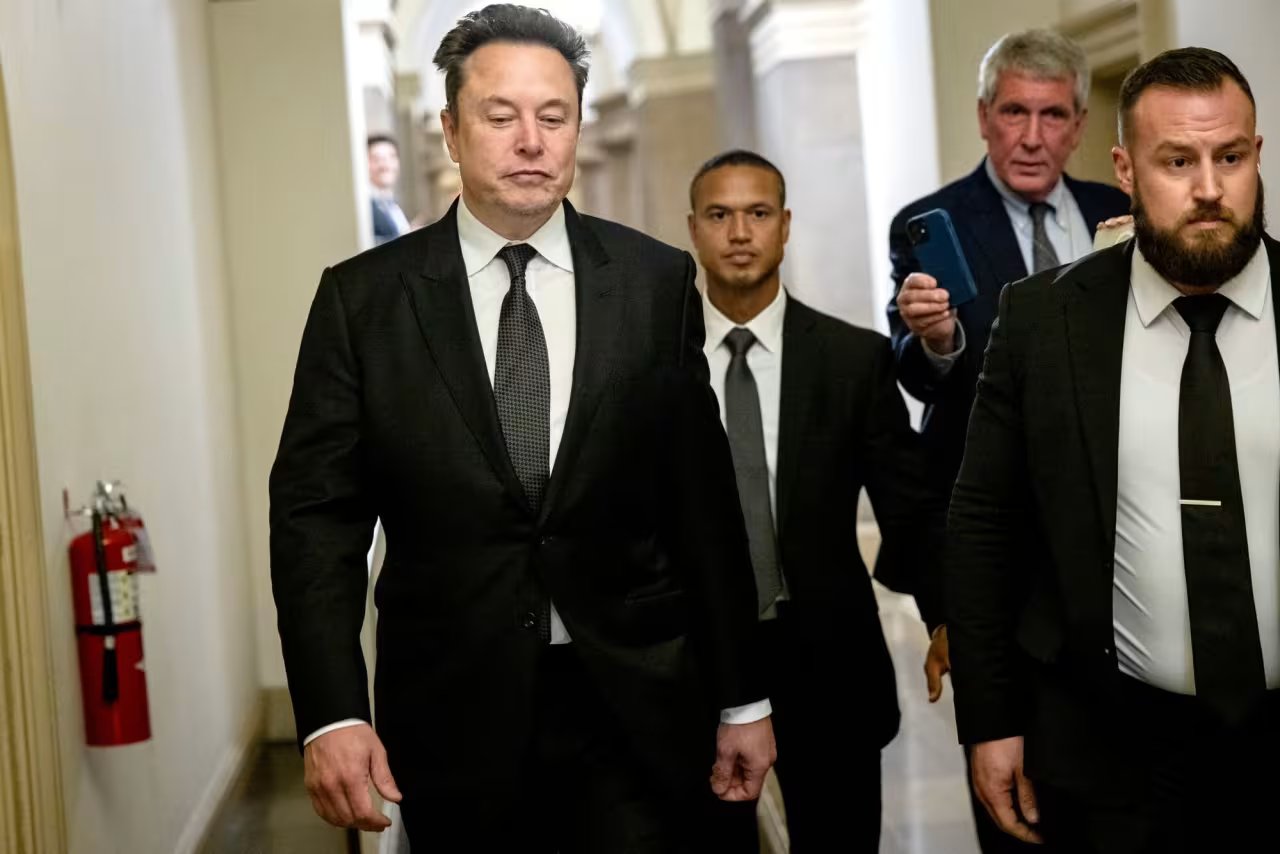
### Future Possibilities: Could Collaboration Be on the Horizon?
Could this moment open the door for future cooperation between Russian scientists and Musk’s ventures? While formal collaborations may be unlikely due to current geopolitical tensions, symbolic gestures and unofficial admiration may pave the way for future engagements, especially in global forums focused on climate, space, or technology.
There is also a growing global interest in building international coalitions for space exploration—something Musk has previously supported. In such scenarios, Musk’s recognition by leaders like Putin may play a role in shaping new global alliances based not on ideology, but on innovation and ambition.
### Conclusion: A New Chapter in Global Recognition
Putin’s comparison of Elon Musk to Sergei Korolev is more than just praise—it’s a historic moment that underlines the growing importance of technological leaders in shaping the global future. Musk, already a symbol of ambition and disruption, now joins a legacy of figures whose work has had a monumental impact on the trajectory of human advancement.
In a time when global politics often divides, this rare compliment serves as a reminder that excellence can be universally acknowledged. It’s a recognition that transcends borders and reaffirms that visionaries—regardless of nationality—can inspire the world.
